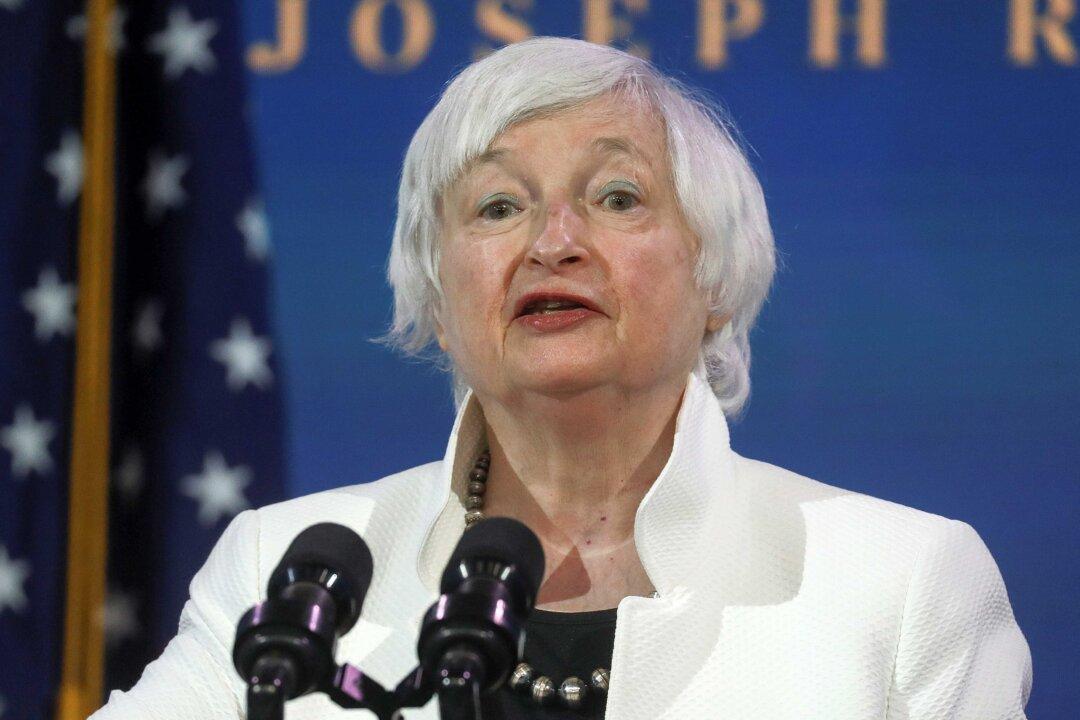WASHINGTON—The U.S. Senate Finance Committee on Jan. 22 unanimously approved Janet Yellen’s nomination as the first woman Treasury secretary, indicating that she will easily win full Senate approval, but Republicans called for her to work with them in developing economic policies.
The full Senate will vote on Yellen’s nomination on Jan. 25, Senate Majority Leader Chuck Schumer said on the Senate floor, which if successful will allow her to get to work promptly on President Joe Biden’s economic agenda.





